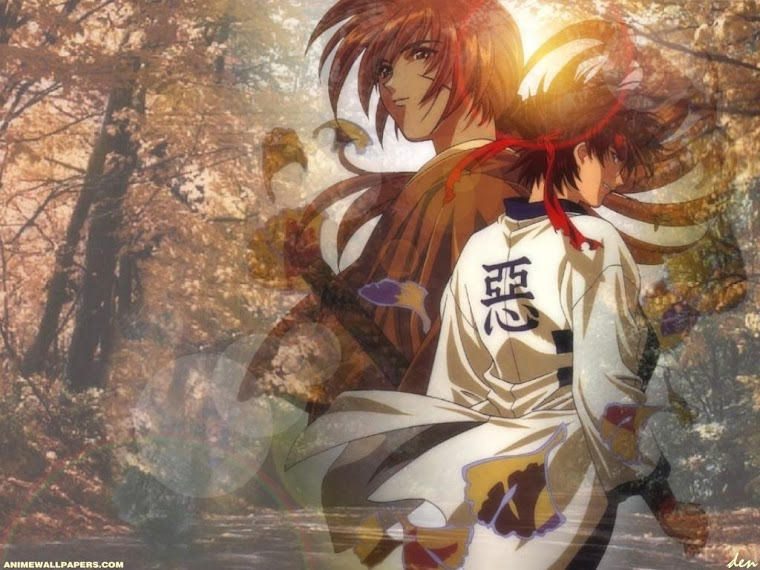Langston Hughes
1. Besides the Mississippi River that is in the United States of America, all the rivers he speaks of are in Africa. In literal terms, these are quite famous rivers, but also, these rivers are all the sites of major events of his life. They represent the struggle, growth, pain and accomplishments throughout not just his life, but the generations of African Americans. All of these rivers are also sites of literal struggles (war battles) as well.
2. He literally is the darker brother because he is black, but he is the side of society that is hidden and ignored from the world. It is a poem about racism. The white man tells the black man to eat in the kitchen to keep him hidden from company or the world, but as he is hidden he grows stronger and soon won’t be able to be ignored. That’s when he will “eat at the table” or share the benefits of white people as well. He also calls himself a “brother” because Hughes tries to show that we are all connected as one people and should not be segregated against. America is the land of equality, yet everyone is not equal. Blacks have always been counted as less than an American and he will shatter this ancient tradition shown though his title, “I Too” meaning, I too am human, I too am an American.
3. In this poem white supremacy prevails here. The boy is never listened to and the white man again leaves him and doesn’t believe him. This is exactly what black activists were trying to get rid of. Dubois and Locke would have disagreed about the negative talk towards the blacks. All of the degradation within the poem is not true about the beautiful black race.
4. McKay is a lot rougher on his poetry than Hughes is. McKay uses harsher syntax and tales and messages that put an aggressive look onto racism. It pumps everyone up ready to hate or fight against the struggles they have, while Hughes is calmer. He takes a more subtle step in his structure and writing. He flows more within his writing and tells us what struggles go on and how we can endure them, while McKay says something more like “This is the struggle, let’s end it!”
5. He was objecting to white people stealing black music and making it their own. They used blacks’ stories and cultures to keep them down. The whites also put their own little pieces in black cultures to “whiten it up” so to speak. This still goes on today, but not as badly as it did before.
6. Hughes talks more about America because America is the land with the problem. They’re supposed to be the land of the free, but they have the most divided country. It’s the land of opportunity for whites only. Africa has its issues, but they are not as violent and down-heartening on their people as America is. He does mention Africa sometimes because he want s to show everyone that he remembers where he came from and to remind them of their heritage.
Claude McKay
1. A harlot can be a common man with a low birth in society (peasant is an extreme, but accurate synonym). McKay uses this word to downgrade those Pharaohs and people who believe they’re over blacks or any other human. At the end of his poem he reminds us that after every day, our work is nothing compared to the mighty nations God created and his works under the sun.
2. He refers, in the beginning to us as “hogs” because we allow ourselves to be shut down by the white animals that contained us. As the poem goes on, we become the men who fight off the pathetic animals who try to stop our talents. Blacks saw us as no more than dogs. We were pets to them, just there to serve at their whim as slaves. Soon, though at the end of the poem, they become the dogs as we take our freedom.
3. McKay has more aggression to his messages. Instead of just stating the issues, he embraces them and puts his anger and the pride of all blacks together. His words and the way his poem flows gives it this effect. He also uses it to reach everybody for blacks to eventually rise up and whites to realize us as a people. Eventually he hopes that whites will realize this so all of the battles he puts in his poems will not have to come true. We can become equal without violence and his poems are a warning of what will happen if black people are kept condemned.
Wednesday, April 1, 2009
Subscribe to:
Post Comments (Atom)



No comments:
Post a Comment